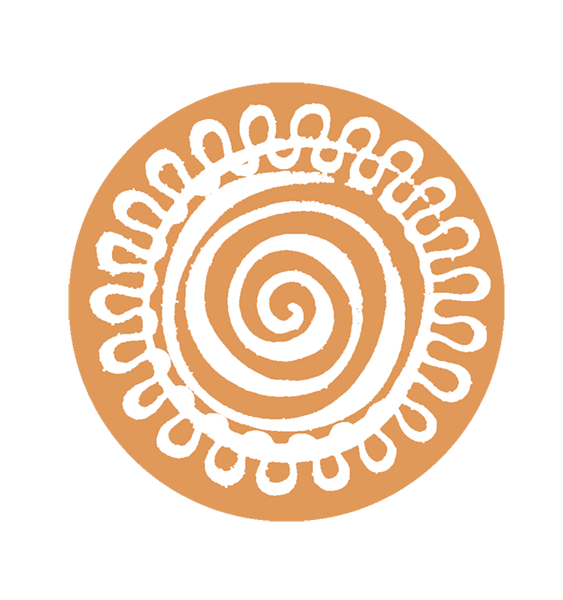
Schlüssel

“Man's ultimate concern must be expressed symbolically, because symbolic language alone is able to express the ultimate.”
Paul Tillich
Several Key Terms
Aletheia: (ἀλήθεια) is variously translated as "unconcealedness", "disclosure", "revealing", or "unclosedness". It is also sometimes treated as “truth.”
Anxiety (Angst): Anxiety is the philosophical mood par excellence, the experience of detachment from which I can begin to think freely for myself.
Authentic existence: The mine-self; the life that is owned by me; its existence is not justified in comparison with others (in contrast with inauthentic existence).
Being-in-the-world: I exist in the world by engaging in it, with no distinction between my inner consciousness and the outer objects of the world that are around me.
Care: worrying about the future; it is the main attribute of Dasein, which includes the three attributes of facticity (past), fallenness (present), and existence (future).
Dasein (being there): a human being; specifically first-person me as a human being, having both an authentic and inauthentic component.
Das Man: One of the most interesting and important 'concepts' in Being and Time is that of Das Man, for which there is no exact English translation; different translations and commentators use different conventions. It is often translated as "the They" or "People" or "Anyone.” Heidegger refers to this concept of the One in explaining inauthentic modes of existence, in which Dasein, instead of truly choosing to do something, does it only because "That is what one does" or "That is what people do".
Existence (future): a factor in authentic existence concerning my future; my life’s possibilities are narrowed by authentic awareness of my impending death; I have the freedom and responsibility to transform.
Facticity (past): a factor in authentic existence concerning my past; I am thrown into the world without consultation and abandoned to chance factors, which limits my human possibilities. Heidegger’s hermeneutics of facticity, presented in Being and Time, recognizes that understanding is primarily about practical experience, not conceptual meaning.
Fallenness (present): a factor in my inauthentic existence concerning the present, where I live in the world of others; I consider all human possibilities wide open; I fail to note my facticity (past) and existence (future); characterized by gossip, curiosity, and ambiguity.
Inauthentic existence: the they-self; the fallen self of every day existence, lost in the world of others (“the they”).
Idle talk: Idle talk, or das Gerede, is the sum of all of the trivial matters that only distract us from the fact that death, or the nothing, is always around us. It is any content that does not open one's possibilities and instead limits them. Heidegger understands that Dasein spends most of its time in everydayness and therefore the term is not used with a negative connotation. Idle talk, according to Heidegger, is essentially conformity.
Present-at-hand: a theoretical observation of a thing, as a scientist might evaluate something.
Question of Being: I investigate the notion of “being” by first understanding myself as a human being; get at the phenomena of my own human being as they show themselves through my immediate experience.
Ready-to-hand: an involved use of a thing, e.g., a hammer that we use without theorizing about it; this is our primordial view of things.
See: Essential Selections in 19th and 20th Century Philosophy, by James Fieser
This video explores Heidegger’s key terms as an introduction to his philosophy. Most importantly: Being-in-the-world, ready to hand and present-at hand, facticity, thrownness, existentiality, fallenness, Das Man, temporality, being-toward-death and the fourfold.
“For Heidegger, language is really the means by which we have a world in the first place—it is the most important medium for relating to the world. Particularly for the later Heidegger, language is what makes the world a home to us, providing the symbolic web of meaning relations that make up the conceptual map by which we interpret the world. His claims that ‘Language is the house of being’, or that ‘Language speaks us’ are provocative phrases meant to indicate that language is not a tool to name objects in the world but the very lens through which we understand the world and ourselves.”

